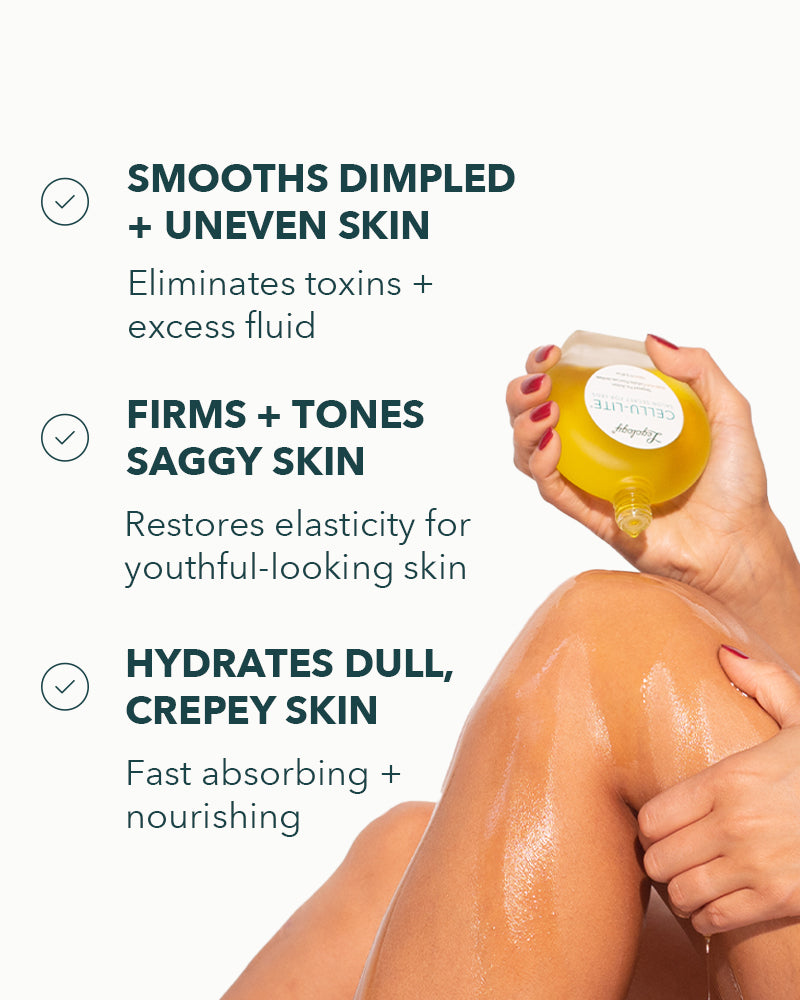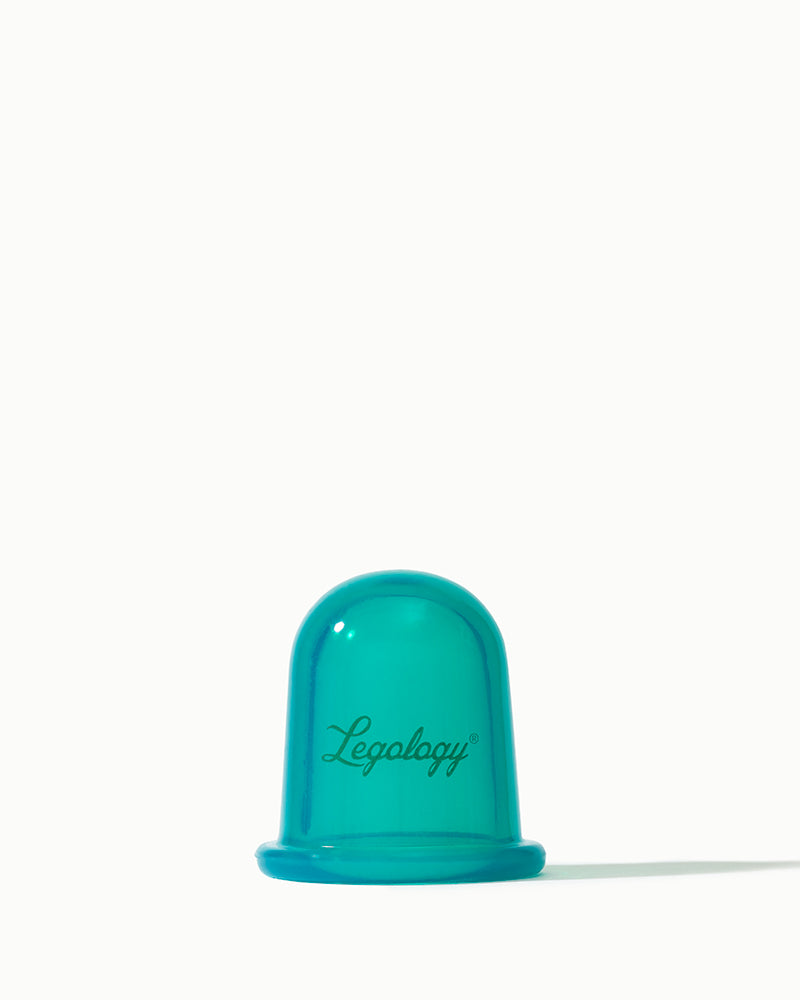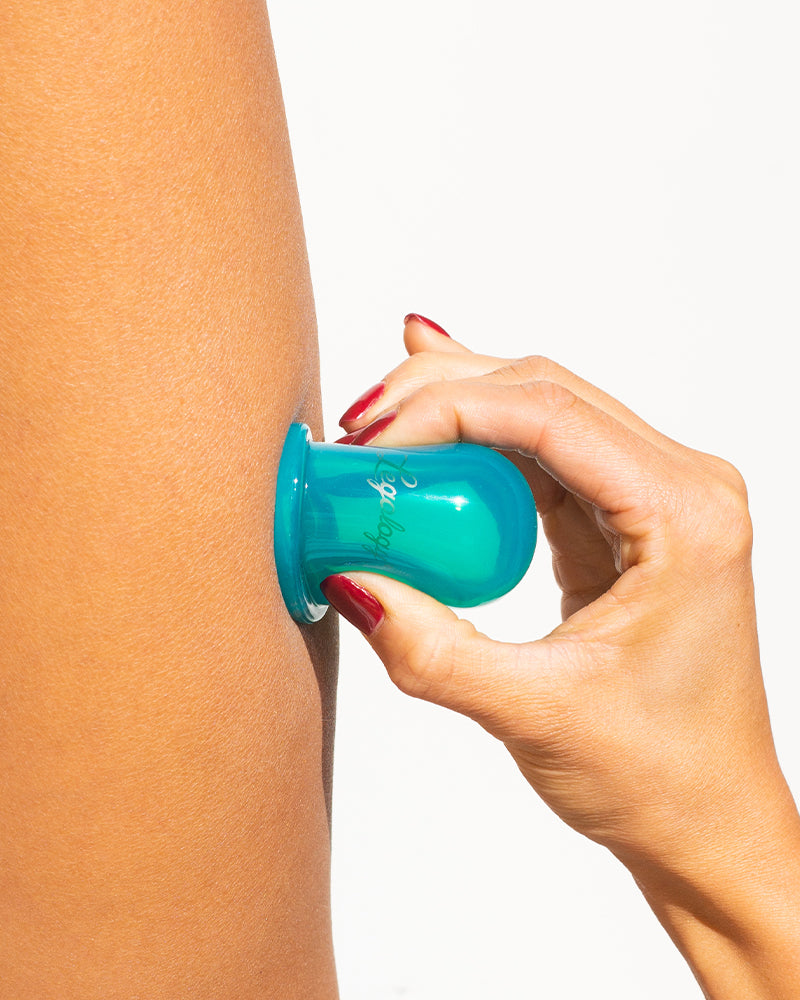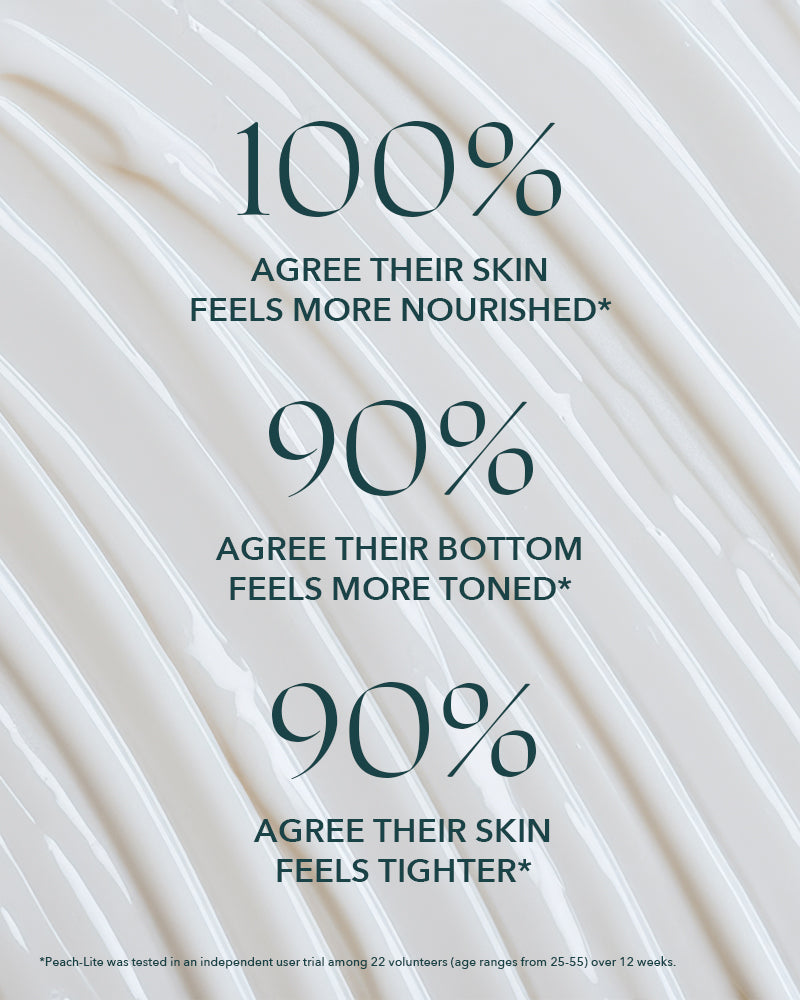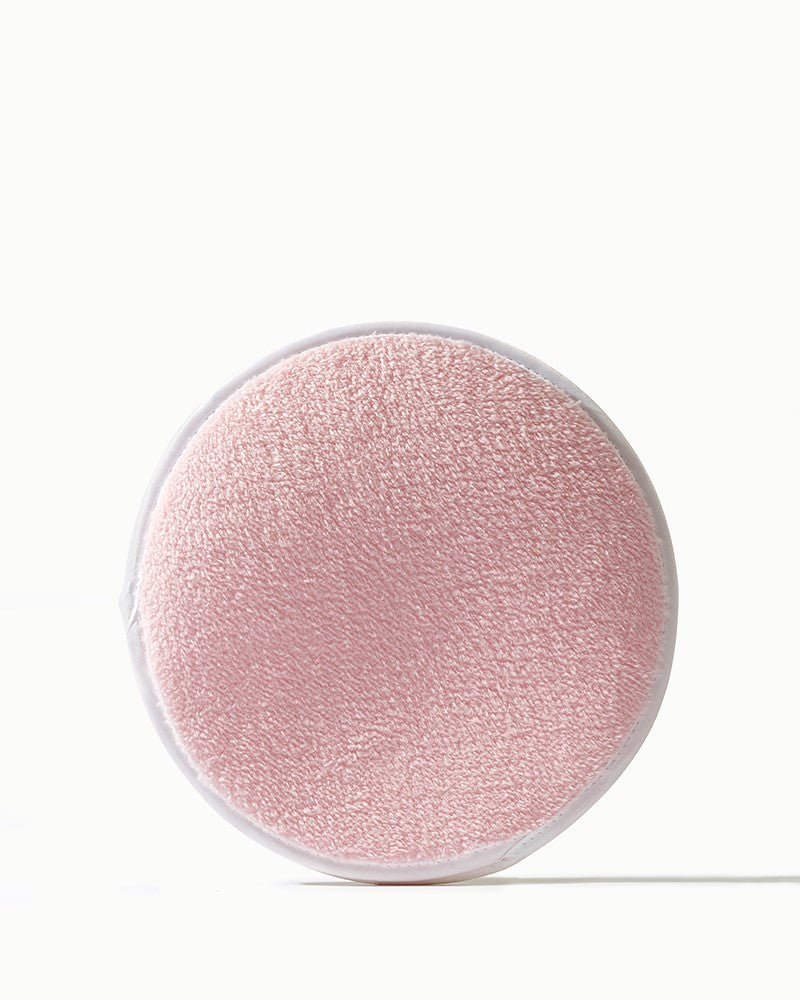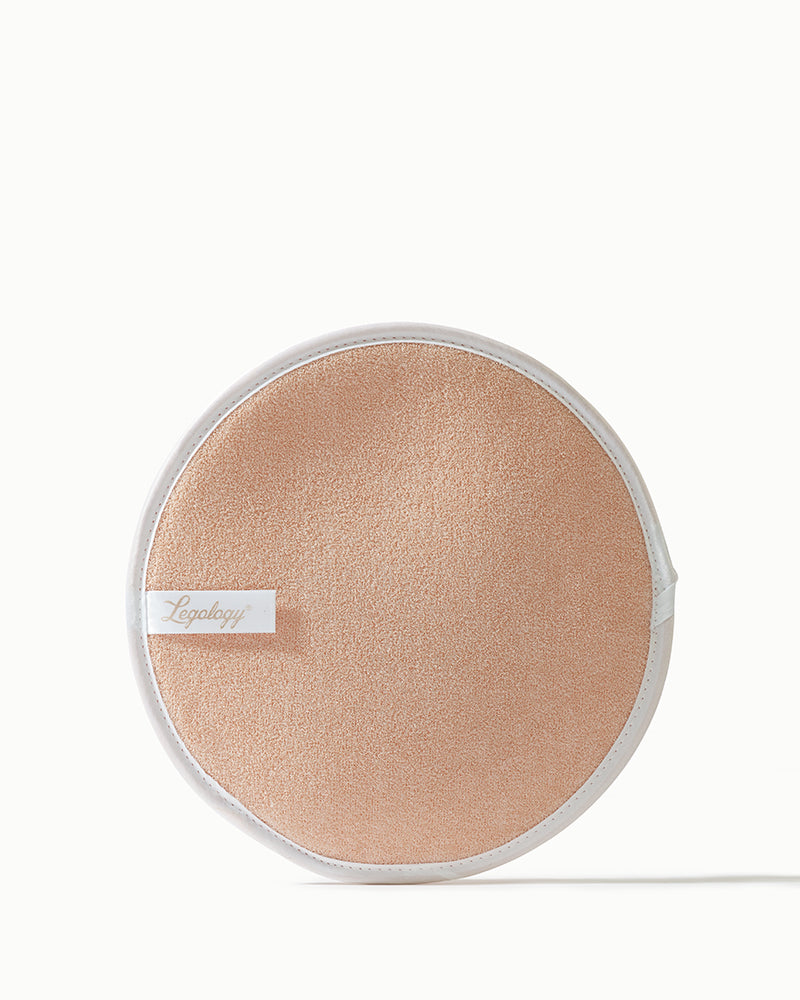How Long Does The Menopause Last?

Symptoms of the menopause can start months or even years before your periods stop completely. They usually continue for around four years after your last period, though some women’s symptoms continue for much longer.
WHAT AGE DO MOST WOMEN GO INTO MENOPAUSE?
The average age of the menopause in the UK is 51 – it usually happens between the ages of 45 and 55, but it’s very difficult to predict when it will take place in an individual. Everyone is different, but everyone experiences the three stages of menopause:
- Perimenopause is the time leading up to menopause. It’s when hormones start to decline and menstrual cycles become erratic and irregular.
- Menopause occurs when you’ve stopped producing the hormones that cause your menstrual period and have gone without a period for 12 months in a row. Once this has occurred, you enter postmenopause.
- Postmenopause is the time after menopause has occurred. Once this happens, you’re in postmenopause for the rest of your life.

WHAT ARE THE PRE MENOPAUSE SYMPTOMS?
During the pre menopause years, known as perimenopause, many women find that their menstrual cycles change – they may not happen so often, they may be lighter or heavier, it’s all a bit all over the place. You may start to experience side effects of menopause too, like hot flashes or vaginal dryness.
WHAT ARE THE SIGNS OF MENOPAUSE
This varies from person to person, but generally the main menopausal symptoms include hot flushes and night sweats, mood swings, memory and cognitive issues, vaginal dryness and a gear shift down in sex drive. The first symptom, usually manifesting during peri-menopause, is that your periods become less frequent and then eventually stop altogether. The length of time that symptoms last for varies again for each of us, but averages about four years.
Severity of the symptoms depends on the individual and their lifestyle, although interestingly there isn’t much of a genetic influence. So you can’t really go on what symptoms your mother experienced during menopause as a gauge to anticipate what you will.
Some lucky women get away without any symptoms at all; others experience mild symptoms, while others may have symptoms that have a big impact on their everyday life.
WHEN DOES MENOPAUSE END?
Menopause ends a year after your last period, so you could say that menopause is only a day in its entirety because as soon as that day passes you are in post menopause. If you look at it this way, perimenopause is really the most challenging time, menopause is a date and post menopause is how life will be when you no longer menstruate.







